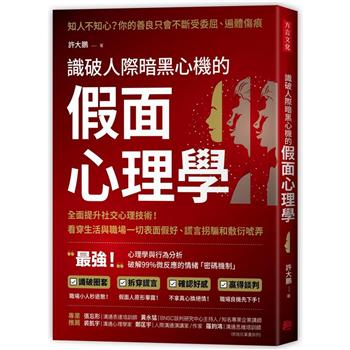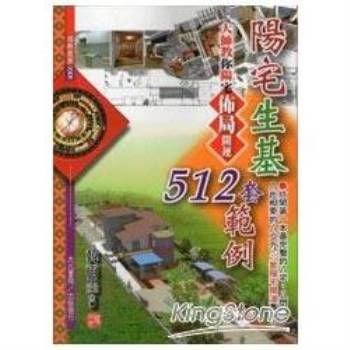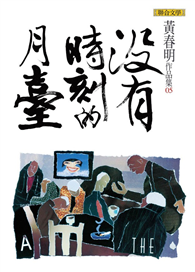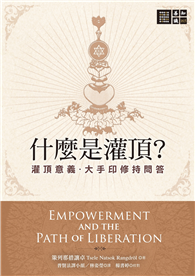| FindBook |
有 1 項符合
George Bernard Shaw的圖書 |
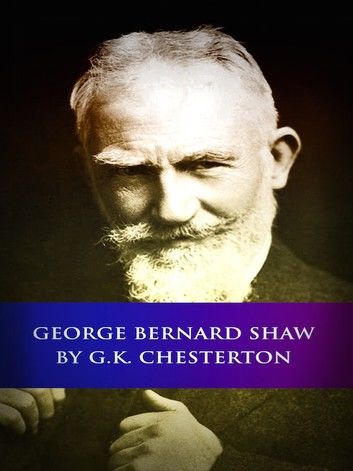 |
George Bernard Shaw 作者:G.K. Chesterton 出版社:Editions Artisan Devereaux LLC 出版日期:2017-08-28 語言:英文 |
| 圖書館借閱 |
| 國家圖書館 | 全國圖書書目資訊網 | 國立公共資訊圖書館 | 電子書服務平台 | MetaCat 跨館整合查詢 |
| 臺北市立圖書館 | 新北市立圖書館 | 基隆市公共圖書館 | 桃園市立圖書館 | 新竹縣公共圖書館 |
| 苗栗縣立圖書館 | 臺中市立圖書館 | 彰化縣公共圖書館 | 南投縣文化局 | 雲林縣公共圖書館 |
| 嘉義縣圖書館 | 臺南市立圖書館 | 高雄市立圖書館 | 屏東縣公共圖書館 | 宜蘭縣公共圖書館 |
| 花蓮縣文化局 | 臺東縣文化處 |
|
|
George Bernard Shaw and G.K. Chesterton were intellectual titans of their age, and great friends.
Shaw was a famous atheist, socialist, and vegetarian; Chesterton a famous Catholic, moralist, and meat-eater.
"He is something of a pagan," said Chesterton of George Bernard Shaw, "and like many other pagans, he is a very fine man." The assessment hints at the complexity of their relationship.
The prolific playwright, critic, essayist and Irishman G.B. Shaw first met Chesterton in 1901. They disagreed about nearly everything, but they remained close for a tumultuous yet playful 35 years.
During his lifetime, Shaw was one of the most famous men on earth and hobnobbed with everybody else who was famous. He was a recognizable character with his long white beard and his britches. His more than 50 plays were performed everywhere, and he became an international celebrity.
His “Pygmalion” was the inspiration for the musical “My Fair Lady.” The themes in that story: class division, the power to remake oneself—barely hint at the author's deeper, (and to Chesterton's mind more dangerous), ideas about the world.
Since George Bernard Shaw's death in 1950, scholarly and critical opinion has varied about his works, but he has regularly been rated as second only to Shakespeare among British dramatists; analysts recognize his extensive influence on generations of English-language playwrights. (The word "Shavian" has entered the language as encapsulating Shaw's ideas and his means of expressing them.)
Chesterton's book on Shaw (his most famous philosophical opponent) appeared in 1909.
Shaw argued against private property, and for redistribution of wealth.
Chesterton argued for private property, and warned about the perils of consolidated power.
Chesterton devotes a chapter to each of Shaw’s personas: the Irishman, the Puritan, the Progressive, the Critic, the Dramatist, and the Philosopher.
He admires the Irishman; he admonishes the Puritan; he picks apart the Progressive; he corrects the Critic; he exposes the Dramatist; and finally he does all five things to the Philosopher.
Finally, he calls Shaw the “most savagely serious man of his time,” who even takes his jokes seriously.
**G.K. CHESTERTON (**1874–1936) was an English writer, philosopher, dramatist, journalist, biographer, and art critic. Today he is best known for his fictional priest-detective, Father Brown. George Bernard Shaw, Chesterton's "friendly enemy" according to Time Magazine, said of him, "He was a man of colossal genius." Biographers have identified him as a successor to such Victorian authors as Matthew Arnold, Thomas Carlyle, and Cardinal John Henry Newman.
|

